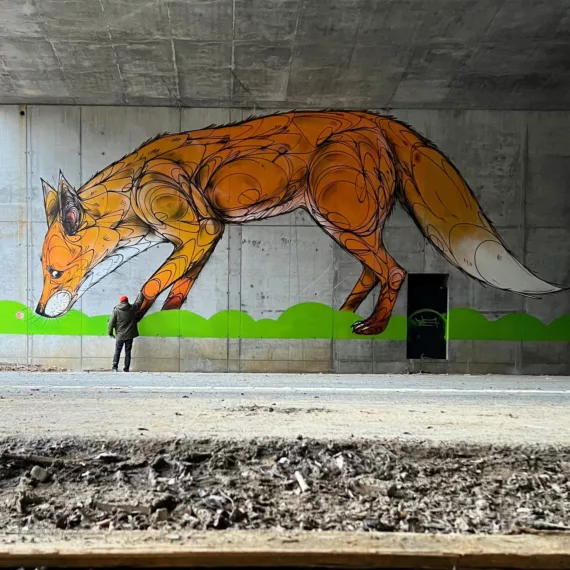Copyright & Art law
Copyright & Neighbouring rights
Since the digital revolution, original content is available on every street corner and in every pocket. We are all, in turn, authors, readers, listeners, viewers, distributors, publishers of the content we publish or consult.
Works (book, text, photo, Facebook post, art piece) that are original (i.e., that you have created by making free and creative choices) and determined by precise formatting, you will be confronted with copyright law.
Internet giants base their economic success on the works that users submit to them, often freely and without economic compensation. Search engines have almost become real museums, art galleries or public markets where any content can be found (and copied in a few clicks) ad infinitum.
Despite this revolution, copyright rules have not changed: the principle is that you (and your heirs) retain a monopoly on the use of works until 70 years after your death. This raises classical issues where (often well intended) users will start using protected works without proper authorization. With the help of AI tools, those unauthorized uses are increasingly detected and sanctioned.
Copyright law is at the very roots of IFORI. Our founding fathers are art-enthusiasts. It is only natural that we started to assist and protect authors from diverse backgrounds and sectors. We review and negotiate their contracts, register their works and enforce their rights.
What do we do?
When it comes to copyright, IFORI’s value is – without any contest- our thorough knowledge of the sector and its practices. We know everything there is to know about art, authors, and contracts. We even wrote a book about it!
Our added value
There is no one-size-fits-all solution and we tailor our approach to fit your needs instead of providing standard solutions. We seek to be more than just a legal firm for your company, we seek to become our clients’ long term trusted partner.
Art law
There has been a lot of movement in the art sector in recent years. Not only does the new anti-money laundering legislation cause the necessary headaches, but new and promising evolutions within the sector such as NFTs (non-fungible tokens) also come up against a web of existing applicable legislation. The legal protection of heritage, copyright, anti-money laundering legislation, CITES regulations (trade in wild plant and animal species), but also rules on e-commerce, commercial law and consumer protection can make the story very complex.
What do we do?
As experts in the art and antiques trade, we are specialised in developing a strong contractual framework for our clients.
IFORI also offers its clients compliance audits, where we check whether the art dealer, antiques dealer or intermediary meets the requirements imposed by law. As a complementary service, we also offer implementation and monitoring services to ensure ongoing legal compliance.
IFORI carries out a due diligence checks during which we assess which forms of protection are applicable to the traded good and how to transfer the desired rights in an optimal way.
IFORI assists you both in taking preventive measures that anticipate possible counterfeiting of art or antiques and in taking measures to enforce your rights .
Our added value
IFORI’s added value stems from our combined legal and practical knowlegde of the sector. In addition, IFORI can call on a multidisciplinary team of experts, which enables us to adopt a holistic approach that takes into account all relevant areas of the law without losing quality or thoroughness.
Through its links with the relevant stakeholders, IFORI felt the need within the sector to create an understandable overview of the legal provisions applicable to the trade in art and antiques. That is why, in 2020, IFORI published the book “Practical Guide to the Art and Antiques Trade in Belgium”.








